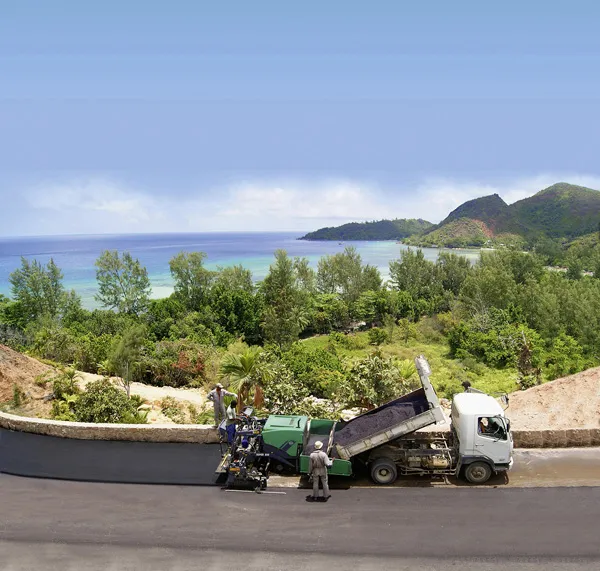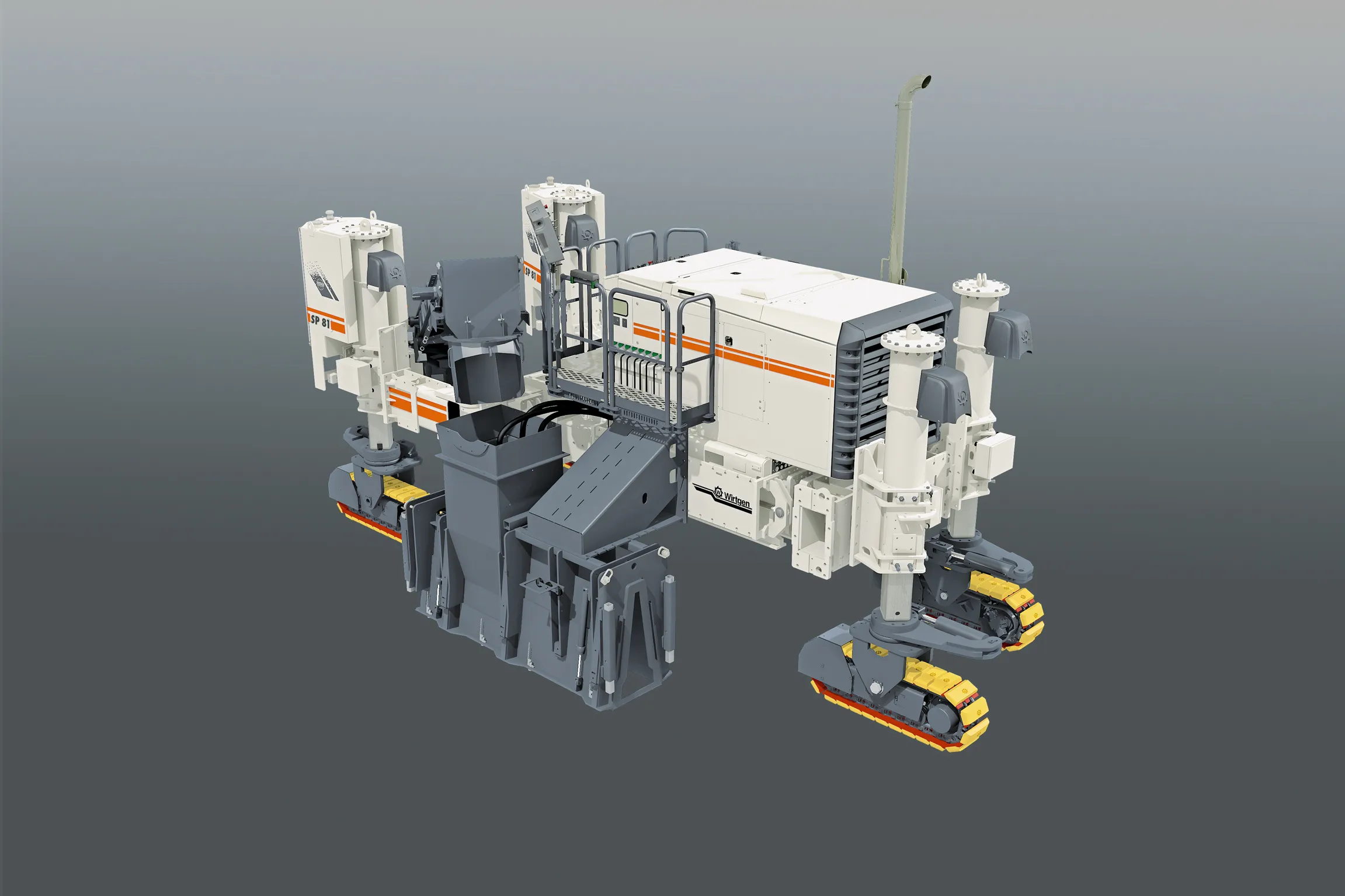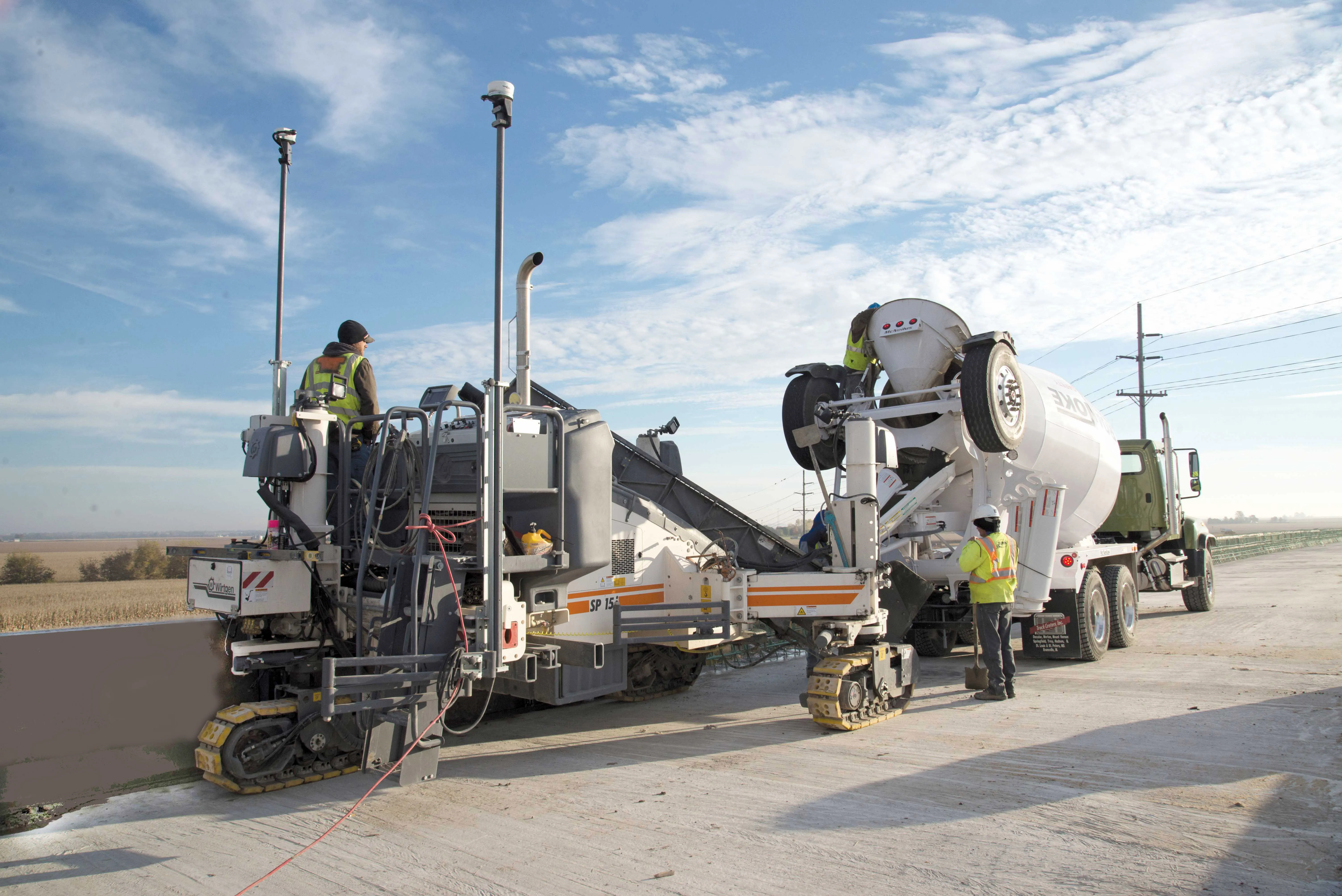Praslin, the second-largest of the Seychelles Islands with roughly 6,500 inhabitants, is a tropical paradise of white sandy beaches, dense jungle and crystal clear seas.
Tourism is the island's main source of income, and luxury tourism at that. A road had to be diverted for a new five-star hotel and property development project which will create jobs for around 400 people. The road would have obstructed the residents' access to the sea.
Sey-Afrique Exporters from Pinetown, South Africa, won the contra
April 10, 2012
Read time: 2 mins

Praslin, the second-largest of the Seychelles Islands with roughly 6,500 inhabitants, is a tropical paradise of white sandy beaches, dense jungle and crystal clear seas.
Tourism is the island's main source of income, and luxury tourism at that. A road had to be diverted for a new five-star hotel and property development project which will create jobs for around 400 people. The road would have obstructed the residents' access to the sea.Sey-Afrique Exporters from Pinetown, South Africa, won the contract to build the new, approximately 1.5km stretch of road, and the company chose a
Temperatures of between 35-40°C with relative humidity of over 90% made this a physically gruelling job. The topography, with gradients of more than 20% and tight hairpin bends, was also tricky.
The small SUPER 800 which handles pave widths from 0.5-3.2m, was said to be ideal for the job. Its asymmetrical material hopper allows it to work close to the edges, even in tight bends.
To obtain asphalt on an island just 12km long and 5km wide, Sey-Afrique Exporters had to revive an old government-owned mobile asphalt mixing plant in order to prepare bitumen-coated material.
Although the mix did not meet the standard asphalt specifications, the SUPER 800 was able to produce good results with it. Combined with an AB 200 extending screed in TV version, the paver placed two asphalt layers on a roughly consolidated base. The first, a level-regulating layer between 3 and 12cm thick, was paved to equalise the considerable unevenness of the base. Then a 5cm wearing course followed.
Around 80tonnes of mix was paved every day for the roadway, which varied in width between 7.5m-10.5m.
Helmut Bethge from








